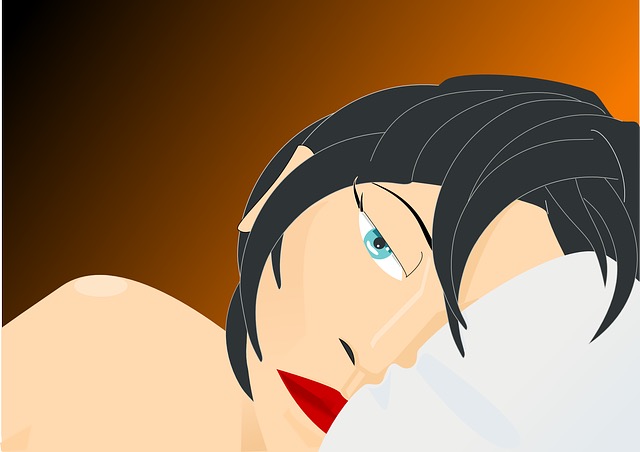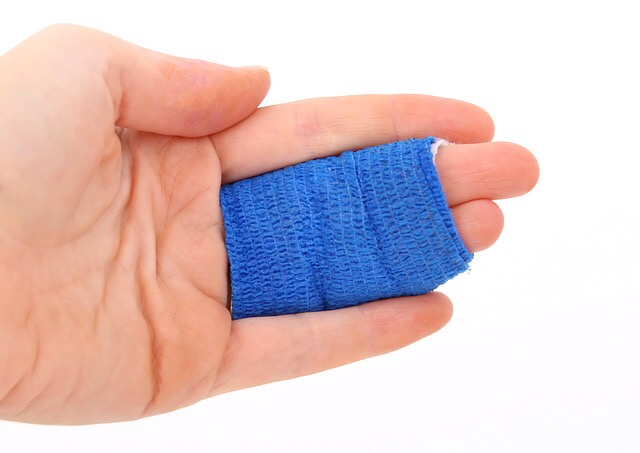Insomnia / Sleep disorder

Another important sign of the deficiency of calcium in the body is insomnia. In many cases, people who do not consume enough calcium in their diet suffer from loss of sleep. In certain cases, it is seen that a person, due to calcium deficiency, may fall asleep, but will not have a satisfactory or deep sleep.
Mensural problems
A woman may begin experience more cramping or a change in her menstrual flow if she is suffering from a calcium deficiency. Adding more calcium to a diet may ease these symptoms. Late signs of puberty in the case of adolescent females are also a sign of calcium deficiency
Bone Fractures

If you begin to suffer from several small bone fractures or full bone breakage, you should really evaluate the amount of calcium in your diet. This is a severe symptom of calcium deficiency.
Other than these main indications, the below two also indicates, that you need more calcium intake.
Paresthesia
Here is a health issue you may not have heard of, but might have experienced.
Paresthesia is considered a symptom of a nervous system that is not functioning properly, and it is also a symptom of calcium deficiency. It manifests as tingling, numbness, muscle tremors, and/or an impaired sense of touch. Low calcium in the blood has been connected to neurological and physical impairment, leading to confusion, poor memory, hallucinations, and muscle tremors and twitches.
Overweight people
Vitamin D is a fat-soluble, hormone-like vitamin, which means body fat acts as a “sink” by collecting it. If you’re overweight or obese, you’re therefore likely going to need more vitamin D than a slimmer person.
Calcium, being an essential component in the body, shows its presence throughout the body. So any indications or symptoms that are mentioned above, then definitely you have calcium deficiency and do not waste time, and start taking more calcium intakes.
Source:
Leave a Reply